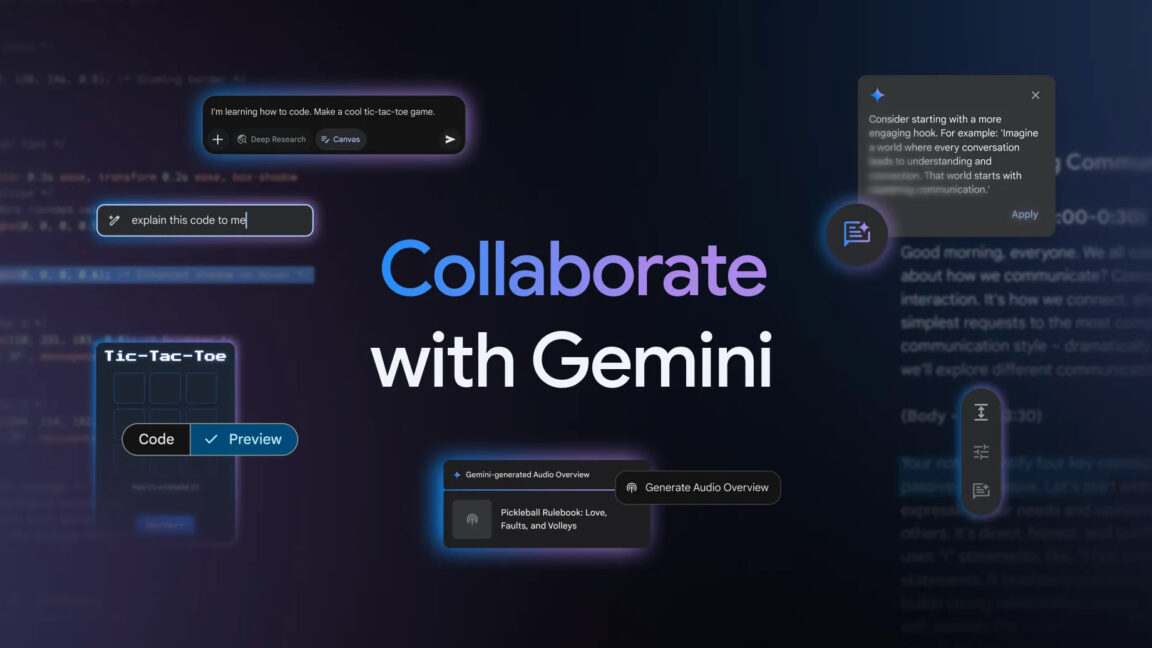Introduction to AI in Medicine
Mount Sinai Health System has announced that all medical and graduate students, as well as faculty and staff at the Icahn School of Medicine, will have access to OpenAI’s ChatGPT private and secure educational platform.
Why It Matters
The use of the ChatGPT Edu platform is intended to complement evidence-based practices and help provide expert guidance for patient-centered care, not as a replacement for medical care or to make clinical decisions. This platform could help its medical school students and researchers build AI judgment and skills.
Benefits for Students and Faculty
Initially, Mount Sinai will roll out platform access to medical students and Graduate School of Biomedical Sciences students. Over time, the medical school will expand access to a variety of cohorts. Faculty members can also explore its use for curriculum development, scholarly work, and more. The health system noted that OpenAI’s genAI education platform has built-in safeguards to ensure compliance.
Developing AI Judgment and Skills
"In the next several months, we will be focusing on evaluating the student experience and how the tool supports curricular success," said Paul Lawrence, the Icahn School’s dean for scholarly and research technologies. According to Leah Belsky, OpenAI’s vice president and general manager of education, "Every student today, regardless of discipline, needs to know how to use AI effectively before entering an increasingly AI-powered workforce. In medical schools, teaching students how to use AI responsibly is even more critical."
The Larger Trend
Aiming to foster collaboration in the development and application of AI to enhance healthcare delivery, Mount Sinai previously opened a 65,000-square-foot Center for AI and Human Health research facility and launched a separate center to further AI-enabled pediatrics. Preparing healthcare professionals to use genAI in their daily work is a logical step, and some health systems are training or planning to train staff in how to use generative AI.
Expert Insights
Helping students develop the ethical grounding they will need in a future where "AI will increasingly intersect with medicine" is a duty, noted Dr. David Thomas, the Icahn School’s dean for medical education. "We believe it’s our responsibility not just to adopt emerging technologies, but to do so with care, purpose, and a strong commitment to equity and academic integrity," he said. Dr. Dennis Charney, the Icahn School’s Anne and Joel Mount Sinai Health System’s president for Academic Affairs, added, "Students aren’t using AI to make medical decisions, but to sharpen their thinking, challenge their assumptions, and become more confident, critical thinkers."
Conclusion
The integration of AI in medical education is a significant step forward, offering students and faculty a powerful tool to enhance learning, research, and patient care. With the right safeguards in place, AI can help shape the future of medicine, ensuring that healthcare professionals are equipped to navigate the complexities of an AI-driven healthcare landscape.
FAQs
- Q: What is the purpose of introducing ChatGPT Edu to Mount Sinai Health System?
A: The purpose is to complement evidence-based practices, provide expert guidance for patient-centered care, and help students and researchers build AI judgment and skills. - Q: Who will have access to the ChatGPT Edu platform?
A: Initially, medical students and Graduate School of Biomedical Sciences students, with plans to expand access to various cohorts over time. - Q: Are there safeguards in place to ensure the responsible use of AI?
A: Yes, OpenAI’s genAI education platform has built-in safeguards, including full HIPAA compliance and integrated protections to support safe and appropriate use. - Q: How does this initiative fit into the larger trend of AI in healthcare?
A: It is part of a broader effort to foster collaboration in the development and application of AI to enhance healthcare delivery, including the opening of research facilities and training healthcare professionals in the use of generative AI.










